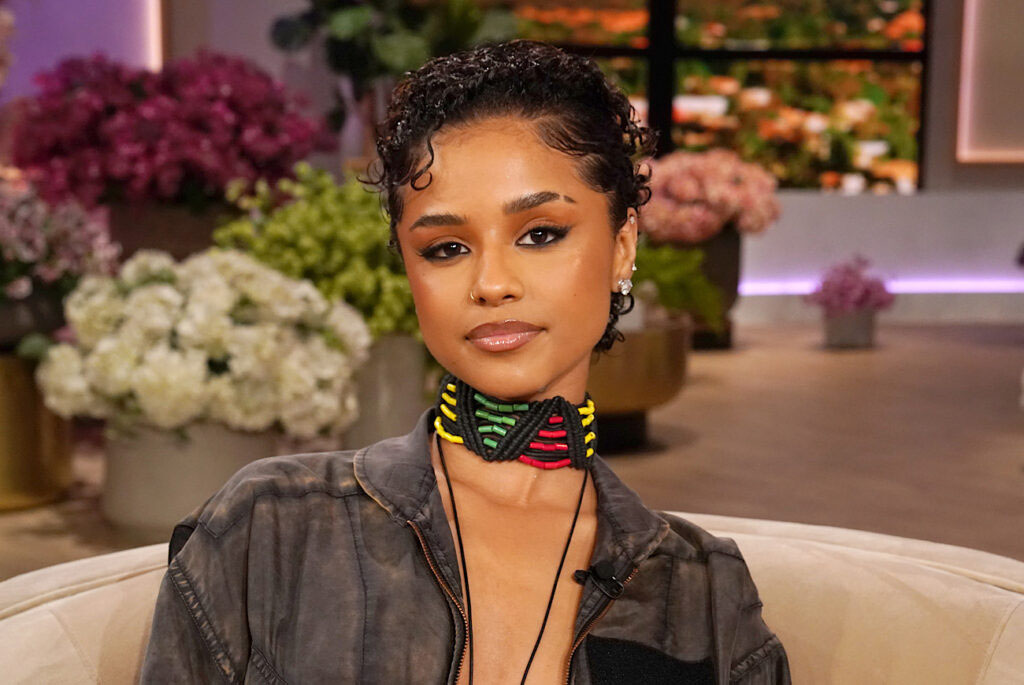
Photo Credit:Getty Images
South African artist, Tyla has clarified that she identifies as both ‘black’ and ‘colored’ during a vogue interview following online backlash. Tyla has explained the cultural context of individuals who consider themselves ‘colored.’ Tyla previously faced online backlash following a video she had posted calling herself colored, with some criticizing her for using a term historically offensive in the U. S.
The term colored Is considered offensive in the U.S. today because it has a historical association with segregation and racism. During the Jim Crow era, the late 19 th to mid 20 th century, colored was widely used to label Black Americans, often in a discriminatory context, for example “colored only” facilities, were inferior to those designated for white people.
During the interview, the ‘water’ singer clarified that the term colored has a different meaning in South Africa since it is used to refer to mixed race identity that comes as a result of the country’s history of segregation.
“Honestly…I felt like I had no… no control. People took it and… it just went so far that I didn’t know what to do,” the singer expressed She added, “The way people painted me… and I understand that word is a sensitive word for people, so I don’t blame anyone for being touched by it. I just would have wanted an opportunity for people to actually listen and learn.”
Tyla also went ahead to explain why she always prefers to stay silent amidst backlash. “Me choosing not to say anything… I’m happy that I didn’t. I didn’t want to explain my culture and something that is really important to me on a platform that was just going to purposefully misconstrue it. I’ve explained it many times before, but people took that and put words in my mouth. They said a whole bunch of things I never said and ran with it.”
Tyla also went to reveal how she struggled with her identity especially after being discriminated in a predominantly white school. She also remains firm in her identity despite the continuous backlash, saying, “ I know I’m a black woman, and I know I’m a colored woman as well – you can be both. The people who care to learn understand now, and that’s enough for me.”

















